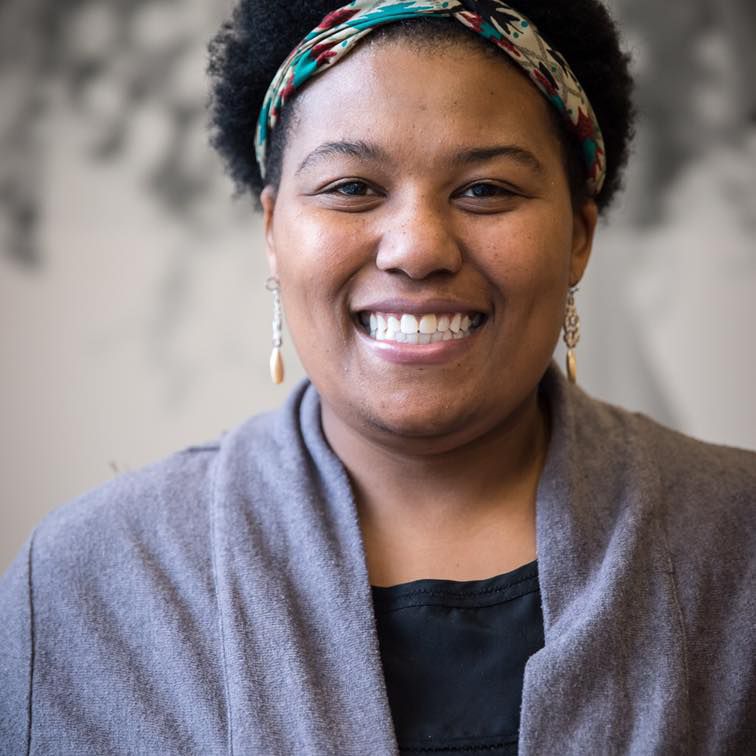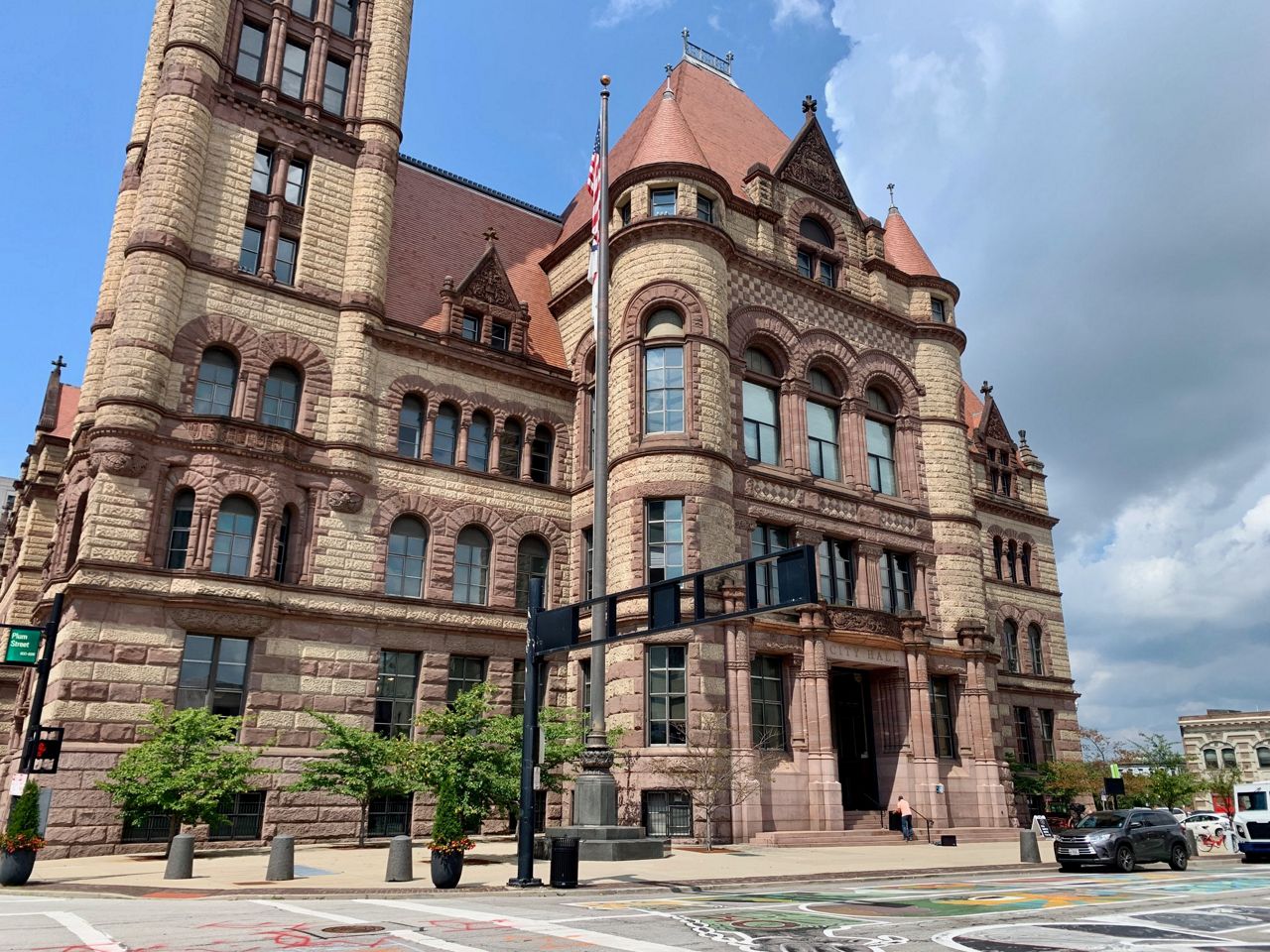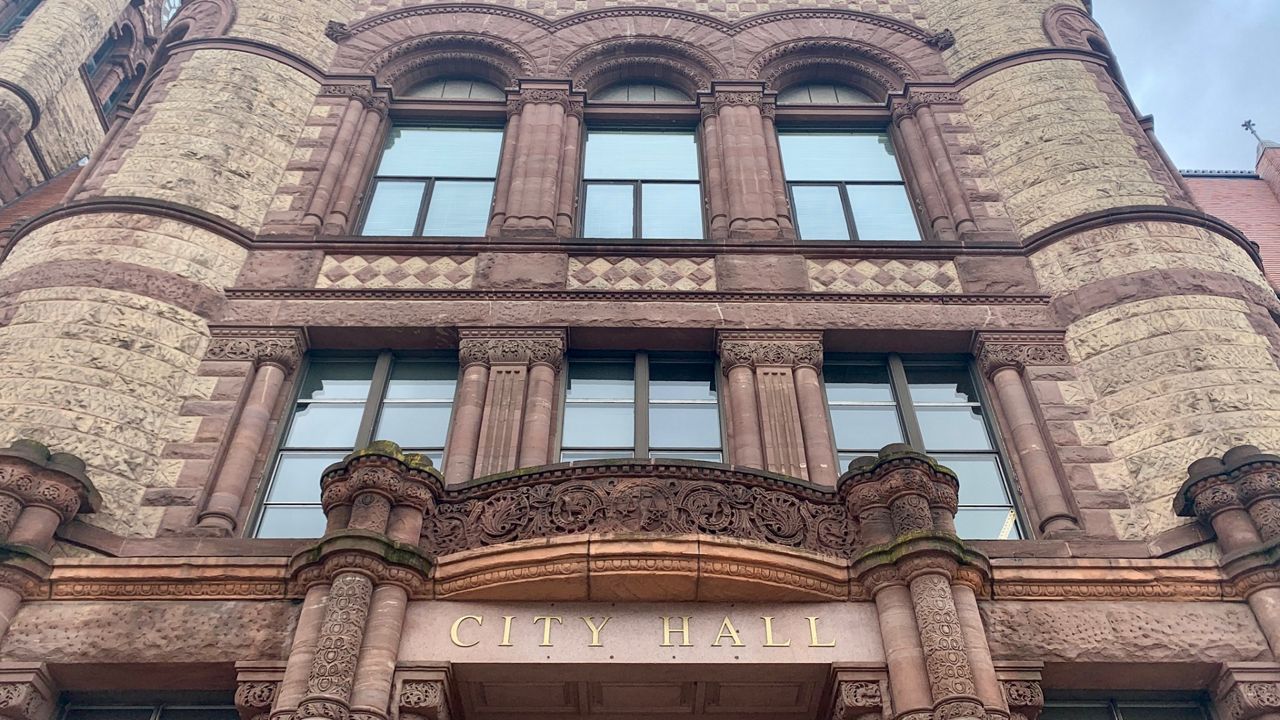CINCINNATI — Local and midterm elections like the one this November don’t always feature sexy ballot initiatives. But what they determine—everything from property taxes and funding for local schools to who leads our cities—often has the greatest impact on day-to-day lives of residents.
But getting engaged in that process, especially if you don’t have deep connections in the field or haven’t always been involved, can make having a meaningful impact difficult, according to Ioanna Paraskevopoulos.
That’s why Paraskevopoulos, a local political veteran, started City Council Bootcamp through Action Tank, a nonprofit she co-founded in 2019.
What You Need To Know
- City Council Bootcamp prepares residents to affect public policy as an elected official or community leader
- This is the program's third cohort
- The group places an emphasis on having a diverse class of members that best represents the community
- One of the key elements of the program is teaching residents how to engage City Council to deal with things like neighborhood issues or budget requests
The goal of the program is to provide passionate students with a deeper understanding of how local government functions and what it takes to make meaningful, inclusive change happen in local communities.
Paraskevopoulos stressed that a key part of the program is finding a diverse cross-section of students. This year’s cohort — the third in program history — includes 24 Greater Cincinnati residents who come from an array of backgrounds, cultures, lived experiences and political affiliations.
Twenty members of the cohort are women and there are two gender non-conforming members of the class. About half of the class self-identify as Persons of Color and 11 self-identify as LGBTQ+.
“We need elected officials and community advocates that represent all lived experiences in the policymaking process to ensure that new policies are considerate and inclusive of everyone they impact,” said Paraskevopoulos, who served as chief of staff for longtime politician David Mann for three-and-a-half years while he was on City Council.
“If you’re not a person with a mobility disability, for example, you just won’t be as likely to consider whether the laws you create are inclusive of folks with mobility issues,” she added. “Same with elderly folks, lower income residents, racial minorities, gender identities, and immigrants. It’s just common sense that a strong democracy should be inclusive of all residents.”
This first class took place Saturday, Sept. 10.

Every class has a curriculum centered on a key topic and presentations from subject experts in areas such as policy, government relations, journalism and election processes, as well as political insiders.
The first class featured longtime Cincinnati politics reporter Howard Wilkinson and Ryan Salzman, a political science professor at Northern Kentucky University and a City Council member in nearby Bellevue, Ky.
“It was phenomenal,” said LaKeisha Cook, a current cohort member and former City Council candidate. “We went over the city government structure and how to navigate it.”
One of the program’s more interesting features is the inclusion of artist-led workshops.
On the surface, the connection between art and politics may not be obvious, Paraskevopoulos said. But she feels art is a great way to help students practice skills like public speaking and persuasive writing, while also helping them unlock their creative side to come up with unique community engagement strategies.
Last week, Cincinnati’s former poet laureate, Manuel Iris, led a poetry experience focused on helping the class members tell their story about where they come from.
“It taught us how to weave in a form utilizing poetry to engage people in the impact we are trying to make in Cincinnati,” Cook said.
From now until the end of February, the cohort will meet as a full group two to three Saturdays and occasional weeknight evenings each month. Saturday sessions are about five hours.
Between full group sessions, class members meet in small groups to complete homework and prep for the upcoming full session. They’re also asked to stay up-to-date on current City Council and committee agendas and local news to stay informed about current events.
The current homework, Cook said, is to create a personal vision statement for themselves as political candidates or activists. She expects to spend about 10 to 15 hours per week on program-related activities.
Beyond the City Council Bootcamp meetings, Action Tank also offers other programs such as its Night Class series. The event on Sept. 17 at Wave Pool Gallery in Camp Washington focused on state and local governments and emphasized the potential impact of November’s midterm election.
Training to run for office or just becoming a more engaged resident
Cook, an MBA student at NKU, plans to run for City Council again in the future. That’s a common goal of many cohort members, whether it’s for City Council or another elected position in the region. Seven of the 2021 graduates ran for office, including Cincinnati Board of Education and mayor.
Current City Council member Liz Keating was part of the 2020-21 class.
But the design of the program isn’t only all for prospective political candidates. The primary focus of the bootcamp, Paraskevopoulos said, is to offer information and resources to its students so they can be more effective as change-makers in their respective communities.
The classwork focuses on a range of topics — from public records law and community engagement to working with elected officials to address a neighborhood issue or get something on the City Council agenda.
“We heard from a great mix of folks directly involved in a lot of these processes,” said Ellen Vera, who graduated as part of the 2020 cohort. “It really helped to kind of peel back the layers of the curtain on processes on how to go about getting things done at City Hall.”
One process Vera specifically noted was the making of the city’s budget.

Next year’s budget cycle is for a biennial budget. That means City Council won’t only determine the budget for fiscal year 2024, but they’ll also set general expectations for city spending for the following year as well.
The budget process is a topic of at least four of the 16 scheduled group sessions.
Vera used what she learned to advocate for $100,000 in city funding in the last budget cycle to support the nonprofit Co-op Cincy. The longstanding organization works to build and support a network of worker-owned businesses.
“I felt it was important to understand the mechanisms of how people can truly influence what’s going on in their local community to make it the best place possible,” she said.
Applicants go through a somewhat rigorous application and interview process to get accepted. From application-to-interview, the process takes about three months.
“They asked us things about current events in Cincinnati and asked us to give examples of issues that are important to us and how we’ve tried to enact change on those issues,” said Becky Finnigan, a student in the first cohort.
In her professional life, Finnigan is a project manager and a geologist at an environmental consulting firm. But applied for the City Council Bootcamp — then called City Council School — because of her involvement with Northside Community Council. She was the president.
At the time, Northside Community Council was working with building developers to negotiate a community benefits agreement, Finnigan recalled. She applied for the bootcamp for her own education but also she could better inform the community of her community.
“I wanted to be able to educate our neighbors on development deals so that we were best prepared when developers come before us with plans,” she said.
Vera isn’t sure if she’ll ever run for office, but she’s glad she signed up for bootcamp.
“Regardless of what I do in my professional life, I feel I’m more empowered as a resident and ready to make an impact in my community,” she said. “Whether it’s working for a nonprofit, working in the labor movement or eventually, if I ever decide to run for office, I really wanted to figure out how to be as effective as possible.”



